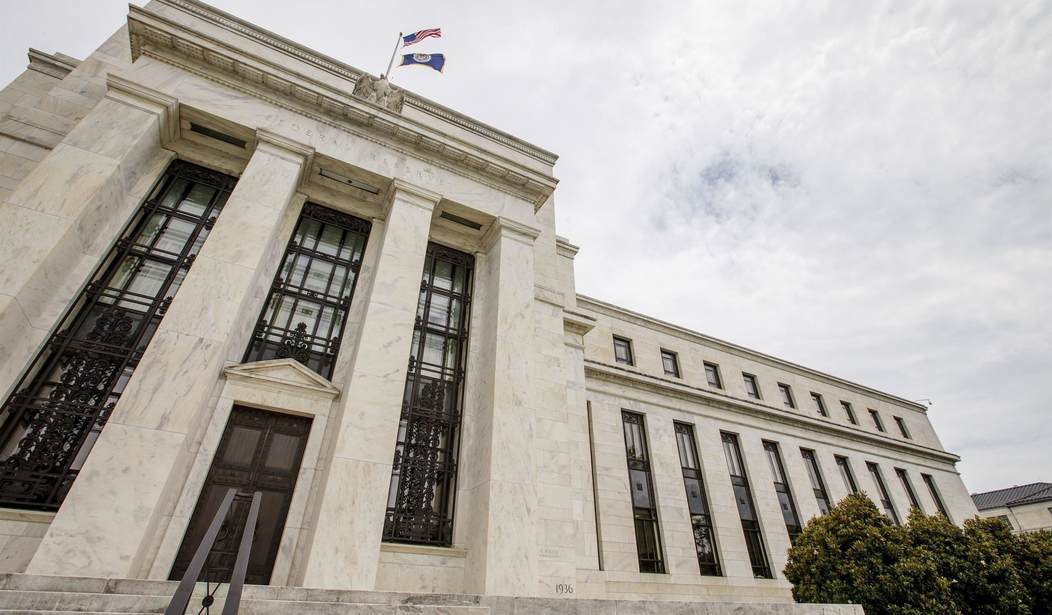YOUGHAL, IRELAND – We spent the last two days working on our barn. The gable ends had fallen down – probably a half century ago, or more – and needed to be replaced. We were eager to get the job done so the scaffold could be removed while we were gone.
The days are short. And the work – lifting stones and cement up to the peak of the roof – is hard.
But we finished last night, washed our trowels and buckets, and prepared to go back to the U.S. for Thanksgiving and Christmas.
Nonsense, Fraud, and Claptrap
“I guess that kind of work keeps you sane,” suggested a neighbor, looking up at us from the ground.
“Sane? I don’t know. But it’s real. It’s plumb and level… or it’s not. And you can’t lie about it. Just hold a level up against the wall – you see right away what’s true and not true.”
“What kind of work do you do for a living?” our neighbor continued the conversation.
“Oh… I try to understand what is going on in the economy and the financial markets. The trouble is, it’s almost all nonsense, fraud, and claptrap.”
Later, over a neighborly bowl of soup, we explained:
“To make matters worse, economics strays easily into politics. Because federal fiscal and monetary policies have a big effect on markets and the economy.
“And then, even though you’re just trying to figure out the economics of it, people take sides politically. That is particularly acute now, because people have very strong feelings about Mr. Trump. Some love him, no matter how much he betrays them. Others hate him, no matter what good he might do.
“And they get so partisan about it that you can barely talk about it.”
Recommended
We were about to continue this line of talk, but by this time, our hosts were probably sorry they asked. So we changed the subject.
We return to it here, for your benefit, Dear Reader.
Writing on the Wall
Last Friday, the stock market struggled to rally. Finally, it gave up, leaving the Dow down another 100+ points.
Sooner or later, we presume, it will be down 1,000 points in a day – or more. Then, people will begin asking questions.
We’re prepared. We have some questions ready.
But first, let us pause for a couple of news items that stand out like “writing on the wall.” This from Reuters:
The U.S. federal government ran a $100 billion deficit in October, the first month of the new fiscal year, according to data released on Tuesday by the Treasury Department.
The deficit was in line with analysts’ expectations.
The Treasury said federal spending rose 18 percent from the year-earlier month to $353 billion in October, while receipts were up 7 percent to $253 billion.
Here’s a question: How come… in a booming economy… the feds are increasing spending more than twice as fast as revenue? Why do they have to borrow at all? And if they can’t balance the budget when times are flush, when can they?
And here’s The Wall Street Journal:
U.S. on a Course to Spend More on Debt Than Defense
In the past decade, U.S. debt held by the public has risen to $15.9 trillion from $5.1 trillion, but financing all of that debt hasn’t been a problem. Low inflation and strong global demand for safe U.S. Treasury bonds held the government’s interest costs down.
That’s right; federal debt rose 200% in 10 years. But the interest expense was low. The Federal Reserve was buying U.S. Treasury bonds as part of its “quantitative easing” program. This held the federal governments’ interest costs down. Because the Fed was the bonds, the government didn’t have to sell them on the open market.
But now, the Fed has changed course. Instead of loading up on bonds, it’s unloading them. And instead of helping to keep interest rates down, it’s helping to push them up.
And guess what? If this keeps up, says The Wall Street Journal, the U.S. will pay more to finance its borrowing than it does to protect the country:
…the government is expected to pass the following milestones: It will spend more on interest than it spends on Medicaid in 2020; more in 2023 than it spends on national defense; and more in 2025 than it spends on all nondefense discretionary programs combined…
Which raises even more questions. What are the feds spending so much money on? How could it be a good idea to borrow so much that the interest payment is your largest budget item?
And what happens when the economy turns ugly? What happens when stocks fall? What happens when unemployment goes up and a recession begins?
What happens when people realize what a scam the whole thing is? The unemployment number… the tax cut… GDP growth… inflation… the defense budget… entitlements… MAGA… Republicans… Democrats… None of them are true or straight.
And now, the U.S. economy and the U.S. government are both living on borrowed time. What happens when time runs out?
***
Dan Denning is the coauthor of The Bill Bonner Letter, a monthly investment newsletter to help readers protect and grow their wealth over time. Before joining Bonner & Partners, Dan was a founder of Southbank Investment Research, the leading independent financial publisher in the UK. Dan is also the author of the 2005 book, The Bull Hunter. Dan Denning’s belief in free markets, sound money, personal liberty, and small government have underpinned everything he’s done during his 18 years in the financial publishing industry. Dan is also an Official Wealth Preservation Expert to Townhall Media.
Click here to learn more…
























Join the conversation as a VIP Member